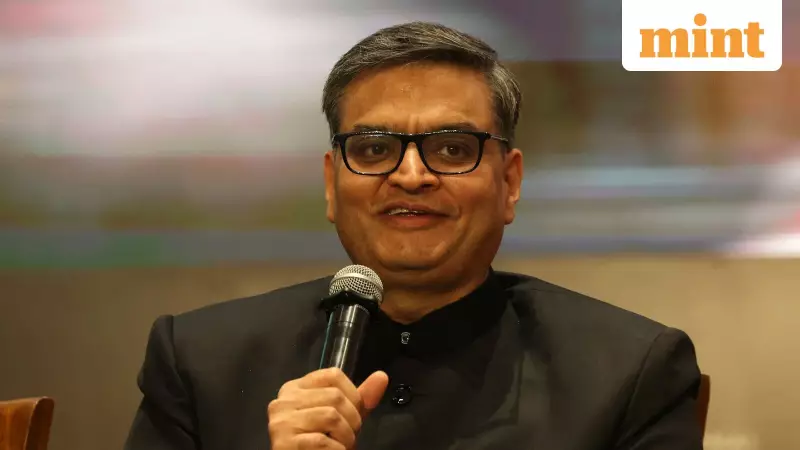
International Solar Alliance Expands Renewable Energy Push with Asia Solar Facility
The International Solar Alliance (ISA), bolstering India's leadership in the Global South, is preparing to establish an Asia Solar Facility. This strategic initiative aims to secure crucial investments and funding for solar energy projects across underdeveloped and emerging economies on the Asian continent.
In an exclusive interview, Ashish Khanna, the Director General of ISA, revealed that the planned fund will primarily focus on attracting long-term investments and financing from pension funds and multilateral organizations such as the Asian Development Bank.
Building on African Success
This announcement comes shortly after ISA's launch of the Africa Solar Facility last month - a $200 million catalytic fund designed to boost solar power investments across Africa. The success of this African initiative has paved the way for similar efforts in Asia.
"I think the next initiative we might explore is an Asia facility that looks at long tenure pension functions," Khanna stated. "We will initially consider what we can accomplish in India and other regions to attract long-term financing."
The ISA counts 123 member countries, including significant Asian nations such as UAE, Bhutan, Nepal, Sri Lanka, Mongolia, Myanmar, Japan, Cambodia, Saudi Arabia, Oman, Syria, Singapore, and Bangladesh.
India's Rising Solar Dominance
Khanna highlighted India's remarkable position as the third-largest solar power generator globally. He expressed optimism that with potential slowdowns in the US solar sector, India could soon claim the position of second-largest solar power producer worldwide.
The ISA director general emphasized a critical gap in renewable energy financing. "A trend that is important globally is that long tenure funds, including sovereign wealth funds and pension funds, are still not investing sufficiently in renewable energy," he observed.
Khanna explained the financial benefits of extended investment periods: "If a 10-year loan can be converted into a 30-year loan, the cost will be drastically reduced. So why aren't 30-40 year investments happening more frequently in renewable energy? That's what we want to explore. $13 trillion of pension funds are available globally."
Massive Untapped Investment Potential
According to a PwC report from 2023, sovereign wealth funds and pension funds managed $32.8 trillion in assets. If properly aligned with energy transition priorities, these resources could significantly bridge the financing gap in renewable energy development.
Khanna outlined the immediate timeline, noting that ISA will spend the next six months operationalizing the Africa Solar Facility. Following this, concrete plans for the Asian counterpart will take shape.
"Currently, we're establishing the Africa facility and developing project pipelines to identify priority initiatives. We're likely to begin work in Nigeria, which faces the largest energy access gap, and we're collaborating with the Nigeria Sovereign Investment Authority," Khanna detailed.
Financial Commitments and Global Vision
The financial structure involves ISA investing $15 million in the Africa facility's corpus, with the Nigerian sovereign wealth fund contributing approximately $150 million. The Indian government is also expected to contribute investments as part of ISA's $15 million commitment.
"We're awaiting final approval from the Indian government. Once secured, part of the $15 million will come from there," Khanna confirmed.
Since assuming leadership of the India- and France-backed multilateral organization in March this year, Khanna has championed ambitious goals. ISA aims to develop a global hub for solar power at its Gurugram headquarters, which he envisions emerging as the 'Silicon Valley' of solar energy.
The organization has already established centers of excellence in 12 countries, including Ghana, Ethiopia, Senegal, Bhutan, Cameroon, and Cuba. Four additional centers will become operational by December, bringing the total to 16, with plans to expand to 50 in the coming years.
ISA has also launched the ISA Academy for online technical lessons and will introduce an AI-based training platform within six months. Furthermore, a global capability center for solar energy, known as the International Centre of Excellence, will be established at its Gwal Pahari headquarters in Gurugram, expected to become operational within five years.
Launched in 2015 during the UN Climate Change Conference (COP21) in Paris, ISA has grown to include most members from Africa and Latin America. The organization serves as a strategic platform enhancing India's position as a sustainability champion and major voice for underdeveloped and emerging countries.





